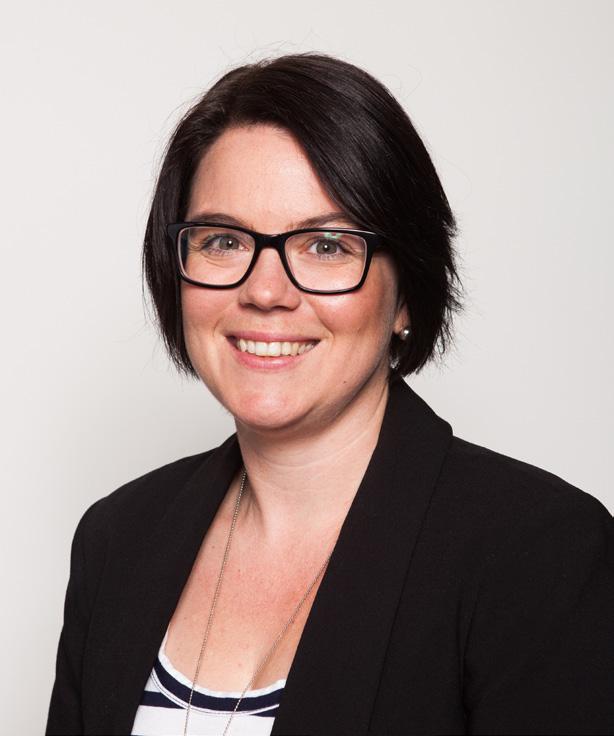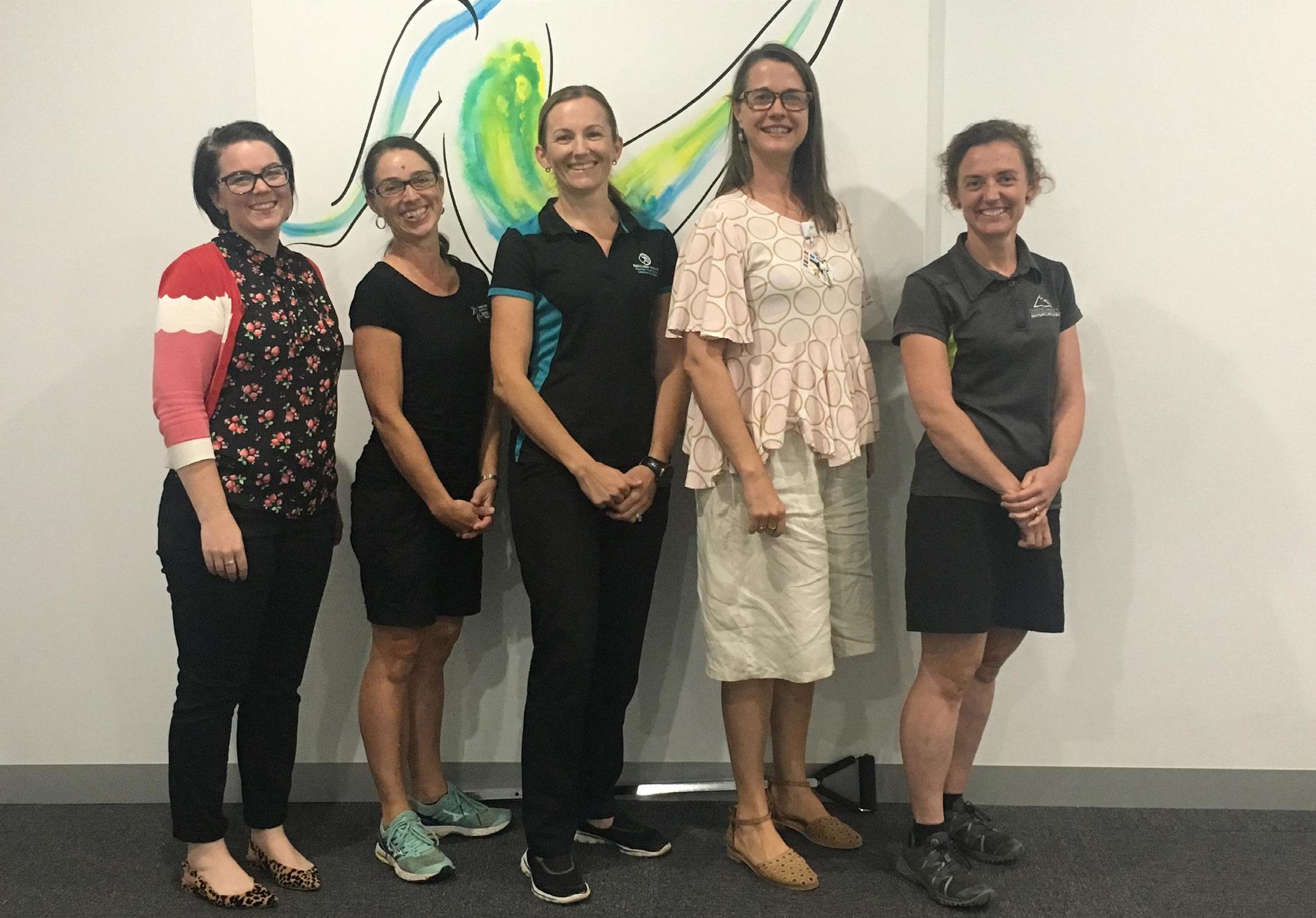
3 minute read
Alpine Health’s PACE Program — National winners of HESTA Team Excellence Award
EMMA GHYS, Early Intervention Manager, Alpine Health
Alpine Health’s PACE Program – National winners of HESTA Team Excellence Award
Advertisement
Alpine Health’s Pulmonary and Cardiac Education and Exercise (PACE) team was honoured to be the winners of the HESTA Team Excellence Award. Following a challenging year that was marred by bushfires, evacuations and the COVID-19 pandemic, the team was recognised for going above and beyond to deliver outstanding client care in the face of great challenges and adversity and continuing to provide Alpine Shire residents with necessary rehabilitation services. Our unique service model and dedicated staff and partners, Equilibre Health, Kiewa Valley Sports and Spinal Physiotherapy and Ovens Valley Physio and Pilates, can be attributed to the success of the program.
Service model
The service delivery model and development of the PACE program is a partnership between a public health service and local private providers. It has been this way from the inception of the idea to the current delivery. Partnering with private providers has provided residents of the Alpine Shire access to a vital rehabilitation service they would have previously had to travel up to 120km to access. As a result of this partnership approach, we can run the program across the three main towns in the Alpine Shire each week. Each of our partners, Equilibre Health, Kiewa Valley Sports and Spinal Physiotherapy and Ovens Valley Physio and Pilates, are responsible for delivering the program in the town they are primarily based in. The service model is flexible and allows for centrebased and home-based programs, depending on the needs of the clients.
Why partner with private organisations?
There are many benefits to partnering with private organisations.
SKILLED WORKFORCE
This approach to service delivery has meant that we could tap into existing skill amongst the local allied health providers and maintain their currency of practice and up-to-date knowledge. Additionally, providing them with an employment opportunity prevents them looking elsewhere, maintaining a high level of specialist skill locally.
SHARED VISION
The shared vision of keeping local health services local and meeting the needs of the needs of the local community is vital to improving the health of our communities.

Emma Ghys, Early Intervention Manager, Alpine Health, Leeah Cooper – Exercise Physiologist, Equilibre Health, Maree Jenkin – Nurse Co-ordinator, Alpine Health and Julie Blake – Physiotherapist, Ovens Valley Physio and Pilates.
CLIENT CENTRED APPROACH
Partnering with private providers who have a local business allows for a true client centred and flexible approach. It provides the ability for clients to be supported at home on home-based programs, individualised program and of course the centre based programs. The other important aspect is continuity of care, once a client completes the program, they have an established relationship with the local provider should they require ongoing care.
A true collaboration
The PACE team developed mutual trust and respect through the partnership approach. This is demonstrated by agreement that the private providers are available to work across sites as required. This shows great respect and trust for fellow team members. In the words of Leeah Cooper, Exercise Physiologist, ‘What began as a collaborative way of thinking, is now a collaborative way of working!’
Bushfires, evacuations and COVID-19
Throughout 2020, the PACE team faced a similar story to many other health professionals. The way the team has dealt with these emergencies demonstrates the strength of the partnerships and local service delivery model. It kicked off in January with bushfires threatening several of our local communities, forcing evacuation orders and blanketing our communities in thick smoke. During this time the team, some evacuated and some working from home, continued to deliver the program remotely. With access to an online medical record system and phone calls to clients, the program continued, and the team’s already well-established communication sharpened.
As the smoke cleared and PACE returned to face-to-face service delivery, we were struck by COVID-19. Thankfully, the experience in January meant the team were well placed to move to online program delivery. Using video conferencing software, the group programs were moved online, and individual exercise programs were provided to all participants. This unique service model and strong partnerships enabled us to continue to deliver rehabilitation services to our local community at a time when they were most needed.

